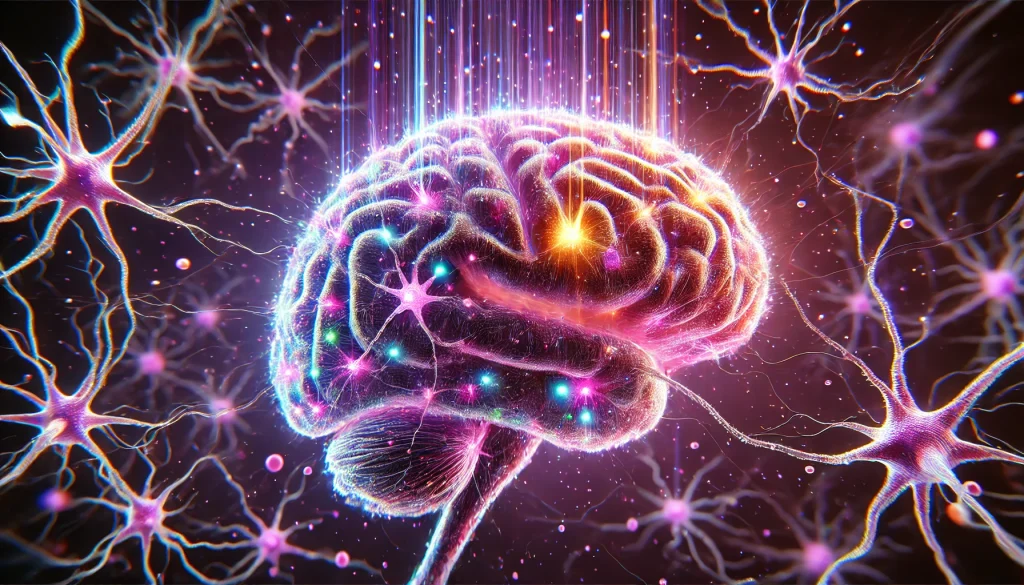Insights into Memory Retention
In a recent academic study, researchers have uncovered fascinating insights into how our memories can last a lifetime. This groundbreaking research, conducted by a team at New York University, delves into the molecular mechanisms behind memory retention, revealing the role of a “molecular glue” that helps ensure memory formation and stabilization. This discovery could have significant implications for understanding memory-related diseases and adds to the growing body of knowledge on cognitive neuroscience.
Memory retention has long been a subject of intrigue and study. The new findings suggest that this “molecular glue” plays a crucial role in the stabilization of memories, ensuring they remain intact over time. Researchers used advanced imaging techniques to observe these molecular interactions, providing a clearer picture of how memories are formed and maintained.
This study is part of a larger trend of neuroscientific research providing new insights into cognitive functions. For instance, another recent study highlighted in Nature discusses the latest scientific discoveries and analyses, emphasizing the importance of understanding the underlying mechanisms of brain functions. The Nature Podcast, which brings the best stories from the world of science each week, often features interviews with scientists and in-depth analysis, making it a valuable resource for staying updated on the latest scientific research and discoveries.
The implications of this new study are vast. Understanding how memories are stabilized at the molecular level could lead to new treatments for memory-related diseases such as Alzheimer’s and other forms of dementia. This is particularly important given the aging population and the increasing prevalence of these conditions. The research also opens up new avenues for exploring how memory retention can be enhanced and memory loss prevented.
Comparing this study with other recent findings, a consistent theme of uncovering the biological underpinnings of cognitive functions emerges. For example, a study by Columbia University Vagelos College of Physicians and Surgeons found that an injectable emulsion containing omega-3 fatty acids significantly reduced brain damage in newborn rodents after oxygen deprivation. This research highlights the neuroprotective effects of omega-3 fatty acids and their potential in treating brain injuries. The study’s lead author, Richard Deckelbaum, emphasized the need for more effective treatments for hypoxic brain injury, which can have devastating, lifelong consequences.
Both studies underscore the importance of understanding the biological mechanisms that underpin brain functions. While the NYU study focuses on memory retention, the Columbia study highlights the potential for new treatments to protect the brain from injury. These findings contribute to a broader understanding of how brain health can be protected and enhanced.
The recentness of the NYU study’s release is particularly noteworthy. As scientific research continues to advance, staying updated on the latest findings is crucial for both researchers and the general public. Websites like Nature and news outlets such as NYU News provide valuable resources for keeping abreast of the latest scientific discoveries and their implications.
In summary, the recent NYU study offers groundbreaking insights into the molecular mechanisms behind memory retention, revealing the crucial role of a “molecular glue” in stabilizing memories. This discovery has significant implications for understanding and treating memory-related diseases, adding to the growing body of knowledge on cognitive neuroscience. By comparing these findings with other recent studies, a deeper understanding of the biological underpinnings of brain functions and the potential for new treatments to protect and enhance brain health is gained. As scientific research continues to advance, staying informed about the latest discoveries is essential for both researchers and the general public.

